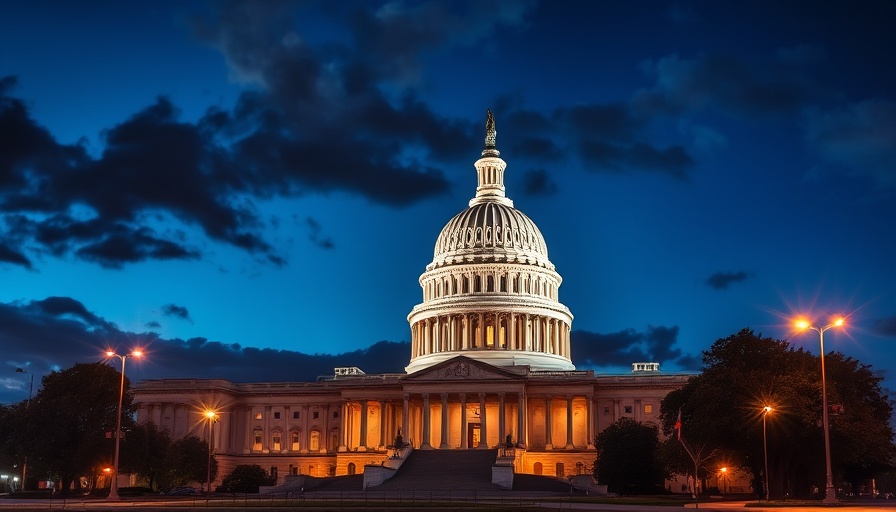
The Senate's Troubling Fiscal Approach
This week, Senate Republicans unveiled a reconciliation bill that places significant cuts on fundamental social programs like Medicaid, Medicare, SNAP, and the Affordable Care Act (ACA). These cuts are intended to finance tax reductions for high-income earners. The bill's proposals signal a concerning direction for health and economic security in the U.S., highlighting the dire consequences for millions of Americans.
Deep Cuts with Dire Consequences
The Senate's proposals are alarming, as they are poised to strip healthcare and food assistance from vulnerable populations, including older adults, people with disabilities, caregivers, children, and working families. Experts warn that these extreme cuts could lead to more hospital closures, reduced healthcare access, and increased preventable deaths across the nation.
Senate Bill Outdoes the House
Notably, the Senate's plan proposes even steeper cuts than the House's version, representing the largest rollback in Medicaid history. This shift will burden states, healthcare providers, and communities with increased costs, risking essential services for low-income Americans and undermining their independence and dignity.
Impact on Medicare Beneficiaries
Of particular concern are the proposed changes affecting Medicare enrollees. Programs that assist low-income Medicare beneficiaries, such as the Part D Low-Income Subsidy, may also face termination. These cuts threaten to push millions into food insecurity and reduced access to vital healthcare resources, shaking the foundations of support that many rely on for survival.
The Economic Ripple Effect
According to experts, the repercussions of the Senate's proposals extend beyond individual lives affected. The impending cuts would destabilize entire communities and local economies, ultimately increasing healthcare costs for all due to a rise in uninsured individuals who will require emergency care.
Healthcare Automation: A Necessary Adaptation?
As healthcare professionals, including independent physicians, nurse practitioners, and community pharmacists, grapple with these legislative changes, the integration of automation and tech-driven solutions like remote therapeutic monitoring (RTM) becomes even more critical. These tools can help manage costs and enhance patient engagement in an increasingly complex environment.
Seizing Opportunities Amid Challenges
While the outlook may seem bleak, it presents an opportunity for healthcare providers to adopt innovative approaches that enhance operational efficiency and ensure quality care. Whether through telehealth reimbursement strategies or patient communication tools, leveraging technology can offset some challenges posed by funding cuts.
Call to Action: Advocate for Change
In these uncertain times, it is crucial for healthcare providers to voice their concerns and advocate for policies that safeguard care access for the marginalized. Engaging in dialogue with policymakers, utilizing tools like Medicare documentation tools, and sharing the impacts of these proposals can catalyze change.
Now is the time to unite as a healthcare community, focusing on innovative solutions that enhance patient outcomes while advocating for the protections and funding levels that ensure our most vulnerable populations are cared for.
 Add Row
Add Row  Add
Add 




Write A Comment